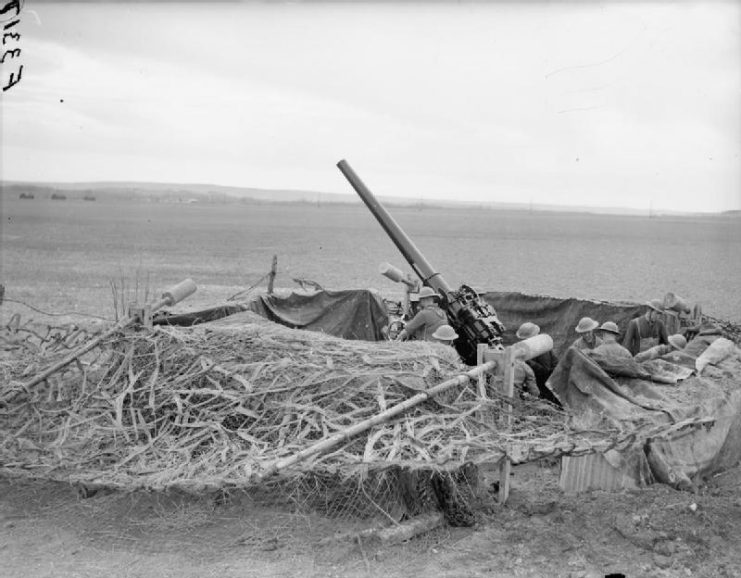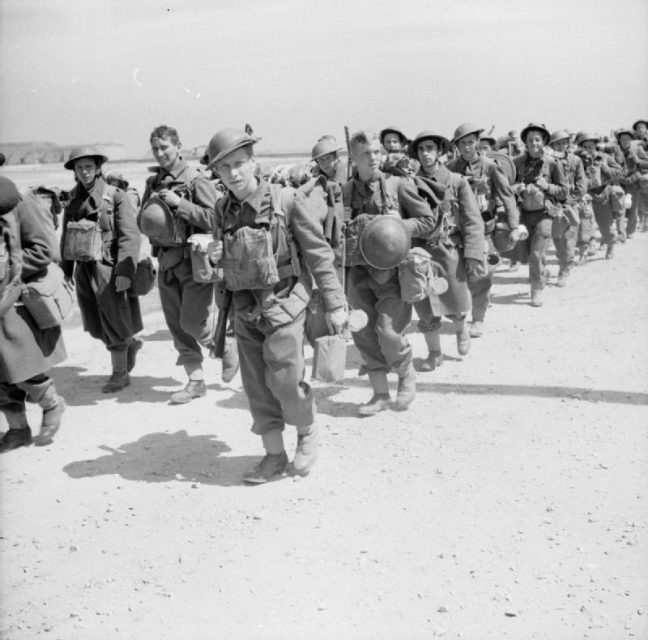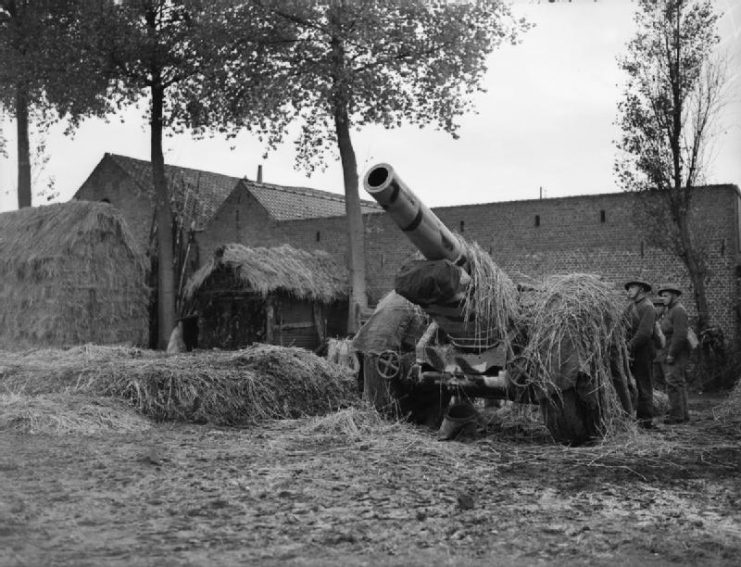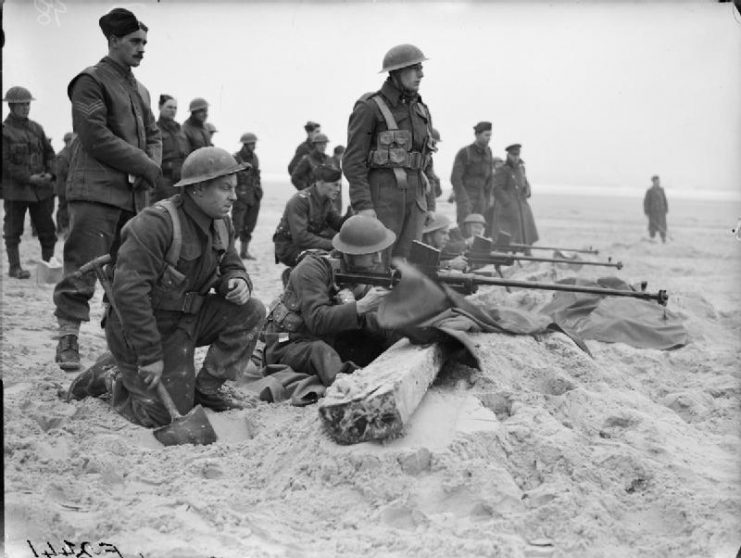The Fairey Battles of the AASF were thrown at the enemy but suffered terrible losses
It is quite understandable that books about the chaos of the British Army’s part in the fall of France in 1940 tend to concentrate on Dunkirk. Indeed, one of my favourites is Return Via Dunkirk by ‘Gun Buster’ the pseudonym assumed to have been used by an artillery officer named Richard Campion who wrote a number of accounts of his wartime service.
In this pleasing new book we follow the exploits of another gunner, Alfred Ledger; a story gathered together thanks in a large part to the letters he wrote to his wife Marjorie.
Alfred worked in the world of insurance before the war and it was from there that he became a reservist with the Territorial Army in 1938. He joined the 53rd Heavy Anti-Aircraft Regiment that had batteries of elderly 3-inch guns manned by Londoners, many recruited from within the financial district of the City of London.

Alfred’s Battery, 159, retained the name the Lloyd’s Battery, recalling how the unit had been formed from men from the famous insurance market at the start of the Great War.
The battery moved to France in order to defend the airfields of the Advanced Air Striking Force, based around the cathedral city of Reims. This was a group of squadrons of Fairey Battle light bombers that would be hopelessly but heroically outclassed by the Germans during the Battle of France. Alfred and his mates had the unenviable task of shunting round awkward and heavy guns to offer some defence against the Luftwaffe.

This period of the Phoney War was filled with all the ‘hurry up and wait’ elements of military life we have come to learn from the period. There was plenty of backbreaking work digging gun pits, dugouts and trenches in addition to the joys of living out during a particularly bad winter.
There does not appear to have been much war going on, befitting the name given to the times and the frustration for those involved is evident in Alfred’s letters where battles with censorship add some spice to events. The book is interlaced with Marjorie’s accounts of life at home and this helps to present a sense of the unreality that was about to be smashed by the German attack in the west.
Once it came the war became very real for Alfred and his comrades. The Fairey Battles of the AASF were thrown at the enemy but suffered terrible losses. The German breakthrough saw the gunners having to retreat from Reims to Epernay and Troyes before moving even further afield to Orleans and Nantes.

From then onwards a sequence of false starts and equally false hopes saw the unit make their way to Marseilles for evacuation. The deteriorating relationship between the British and French saw the remaining guns having to be left behind as dockworkers refused to help with loading them on to the ships carrying the battery to Gibraltar.
This is a really nice book that tells an interesting story well. The device of switching between letters from Alfred and Marjorie works well, but in truth it is the story of the guns and gunners that drives the book on.
The men seemed to work so hard to achieve what seems like so little, but this simplistic view serves to denigrate them and the book shows that gunners like Alfred Ledger and the officers leading him were doing their best in the worst of circumstances.

The author makes some reference to the army command structure and the performance of Lord Gort and others, but he wisely sticks to the business of telling the story of Alfred Ledger, his brother Rupert and their friends. The brothers went on to be commissioned officers working in the anti-aircraft role where they performed valuable tasks defending Britain from German raiders.
I really like this book. It is a gentle read that says more about relationships than the war. Alfred and Marjorie Ledger lived fruitful and happy lives until they passed away during the 1990s. This book makes a suitable memorial to ordinary people doing their best during extraordinary times.
Reviewed by Mark Barnes for War History Online

CITY BOYS AT WAR
The Lloyd’s Battery 1939-1940 – A gunner’s perspective
By Peter Ledger
Uniform
ISBN: 978 1 911604 83 9
